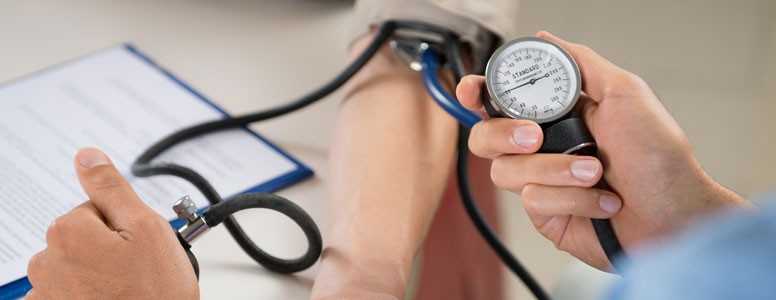A new review of a dozen randomised controlled trials has found that a lower glycemic index (GI) diet proves effective for reducing blood pressure and, by extensio, reducing heart disease risks.
Hypertension (high blood pressure) is one of the features of the metabolic syndrome and a strong risk factor for cardiovascular disease, a common long-term complication of type 2 diabetes.
Damage to nerves and blood vessels can arise from high blood sugars, and heart complications develop much more quickly if blood pressure is high. This is because tissues in the heart are especially vulnerable to increases in blood pressure.
We know from previous research that a lower-carbohydrate diet, which generally is considered a lower-GI diet, is associated with measurable decreases in blood pressure.
In this new research review, comprised of a total of 14 six-week long trials and involving 1097 healthy participants, researchers found similar results.
Thirteen of those trials reported that a reduction in glycemic index by 10 units decreased both systolic blood pressure (SBP) and diastolic blood pressure (DPB) by 1.1 and 1.3 mm Hg, respectively.
In addition to that, nine trials found that a reduction in glycemic load of 28 units reduced overall SBP and DBP by 2.0 and 1.4 mm Hg, respectively.
Taken together, these results tend to indicate that lower-GI and GL diet may benefit high blood pressure, likely because they help reduce blood sugar.
It is thought that when the body produces too much insulin and leptin in response to a higher-carb, high-GI diet, it causes blood pressure to increase. Another factor is the effects of glycation on lipoproteins leading to atherosclerosis and therefore narrowed blood vessels.
Yet, one of the first recommendations to lower blood sugar is to cut back on salt. There might be far more to maintaining a healthy blood pressure than eating a low-salt diet, which is a strategy that works for some people and fails for others.
In that sense, this review may implicitly suggest that it is time for guidelines aimed at controlling hypertension to shift focus away from salt and focus greater attention to the likely more consequential reduction in sugar.
If you are diagnosed with high blood pressure, going on a low-carb, lower-GI diet may go a long way toward controlling your levels. You can find out more by joining our Low Carb Program.
What's new on the forum? ⭐️
Get our free newsletters
Stay up to date with the latest news, research and breakthroughs.




